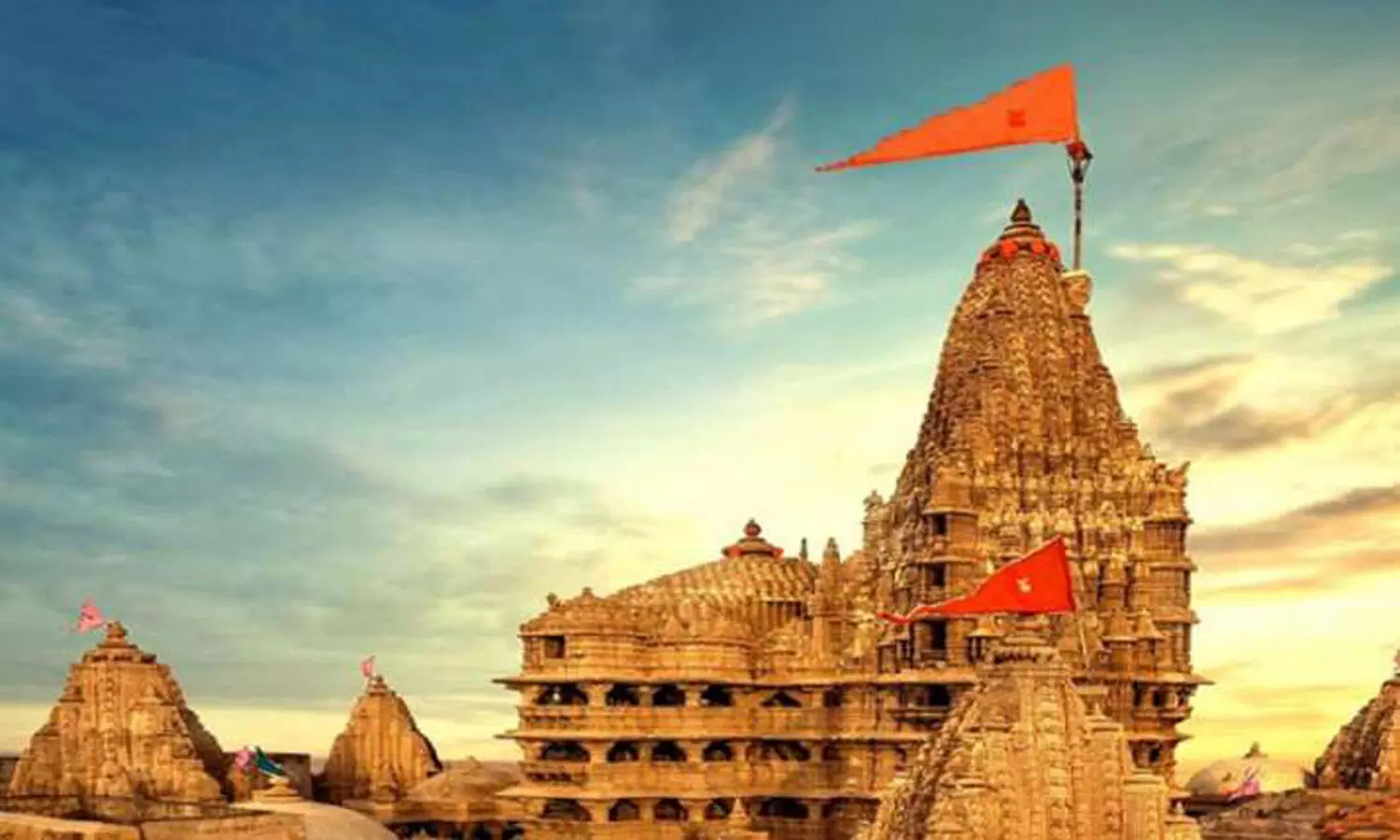TRENDING TAGS :
Madras High Court: Temples are Not Picnic Spots, Non-Hindus Need Permission
The Secrets Behind India's Iconic Temples
Chennai: In a significant ruling, the Madras High Court declared that temples are not picnic spots, denying entry to non-Hindus. The court ordered non-Hindus seeking temple visits to submit an undertaking affirming their faith in Hinduism and commitment to adhere to its customs and traditions.
Justice S. Shrimathi emphasized the importance for officials to strictly follow the temple's rituals and practices. The court directed authorities to install notice boards at temple entrances, near flagpoles, and other prominent locations, emphasizing the restricted entry for non-Hindus.
Written Declaration Required: The court mandated officials to obtain a written declaration from non-Hindus desiring to visit a specific deity in a temple, confirming their belief in the deity and commitment to Hindu customs. Once received, permission may be granted, and the individual's details will be recorded in the temple's register.
The court highlighted that followers of Hinduism and other religions have the right to practice and uphold their beliefs but stressed that interference in the customs and practices of other religions should be avoided.
Yachika Hearing: The decision was delivered during the hearing of a petition filed by D. Senthilkumar, requesting specific directions to allow only Hindus to enter the Arulmigu Palani Dandayuthapani Swamy Temple and its sub-temples.
Applicable to All Temples: The court dismissed the argument limiting the order to the Palani Temple, stating that it should apply to all Hindu temples. The court emphasized that the restriction aims to ensure communal harmony and peace among different religions.
Constitutional Rights: The court clarified that the Constitution guarantees rights to individuals of all religions, with no prejudice against allowing non-Hindus to exercise their rights. However, it reiterated the need for individuals to respect the customs and practices of the religious places they visit.
Conclusion: The Madras High Court's ruling establishes that temples are sacred spaces, not meant for leisure, and underscores the significance of preserving the sanctity of religious practices while respecting individual rights.



